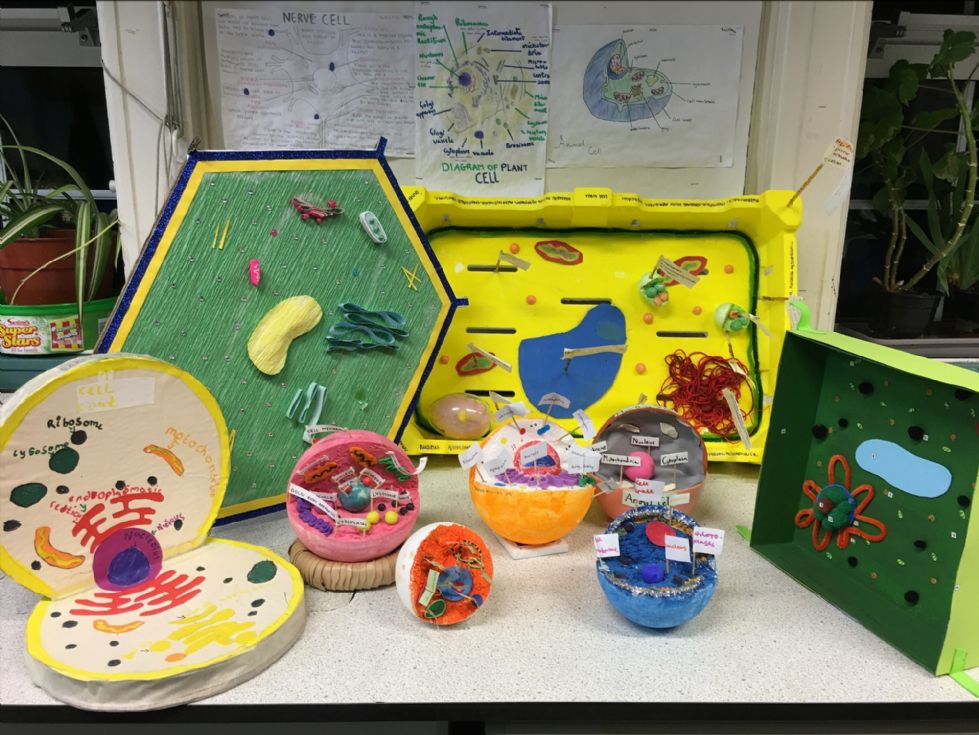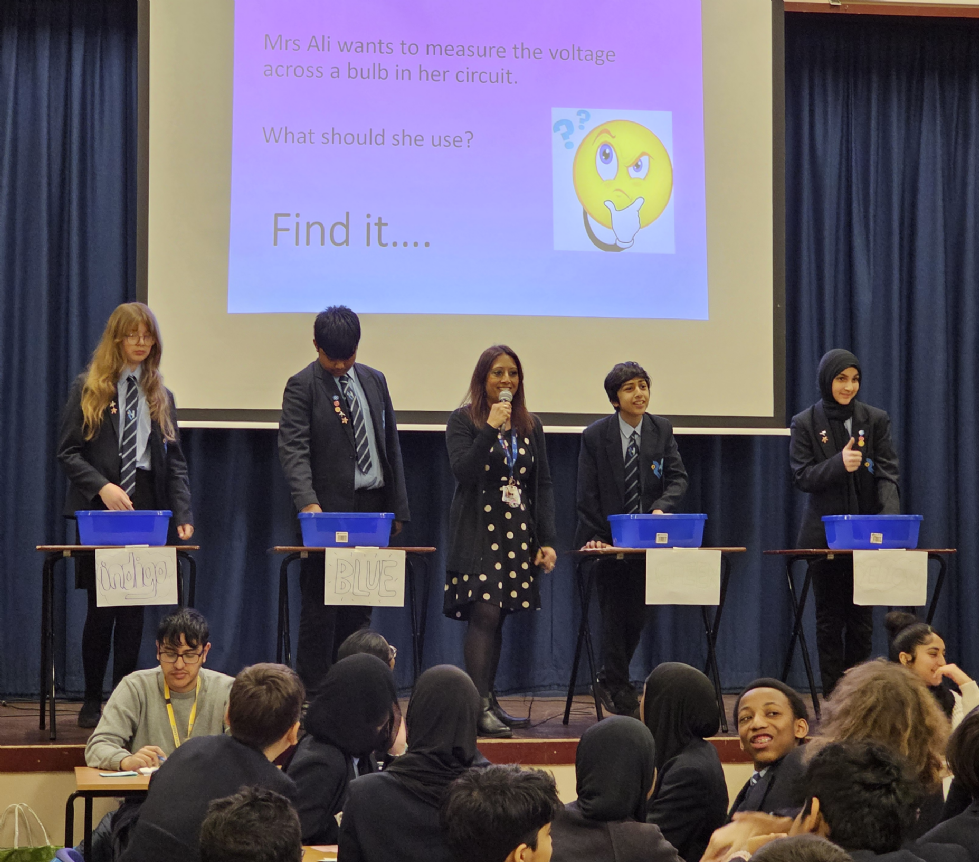Science
During KS3 we build on the scientific knowledge and skills gained during primary education. As well as developing practical and investigative skills, students learn fundamental scientific ideas in line with the National Curriculum from the main disciplines Biology, Chemistry and Physics. 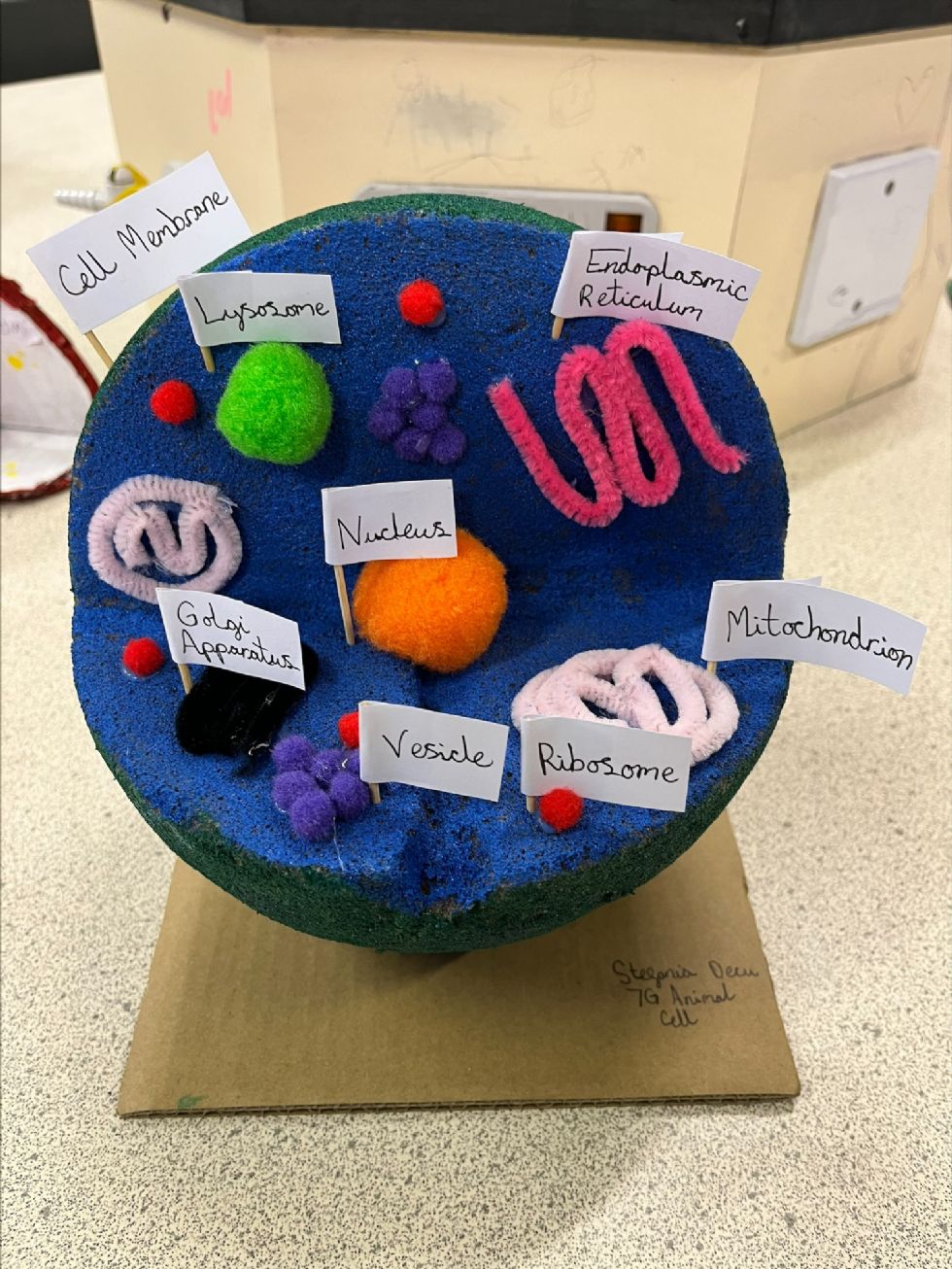
During Year 7, students learn a variety of topics including Cells, Particles, Space and Chemical Reactions. In Year 8 students study Science in more detail in topics such as The Periodic Table, Motion and Pressure and Ecosystem processes.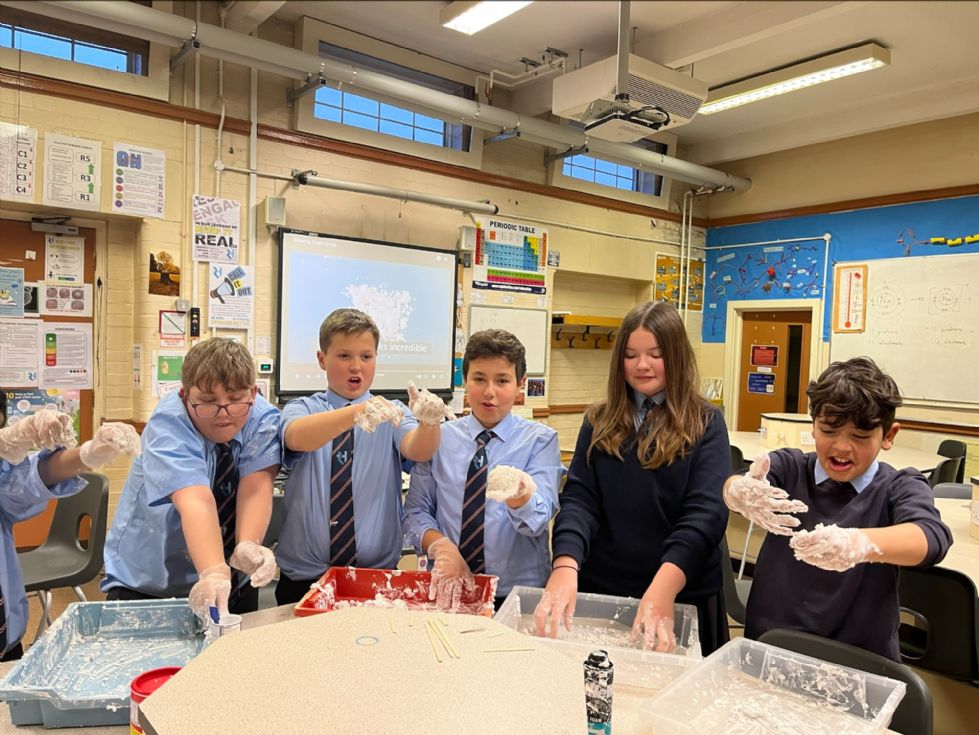
In Year 9, students build on the subject matter and skills gained from Year 7 and 8. They complete bridging activities based initially on Working Scientifically and learn how to plan, carry out, analyse and evaluate investigations. They are encouraged to work in teams and develop their practical skills. They then move onto required practical’s and topics that bridge KS3 and 4.

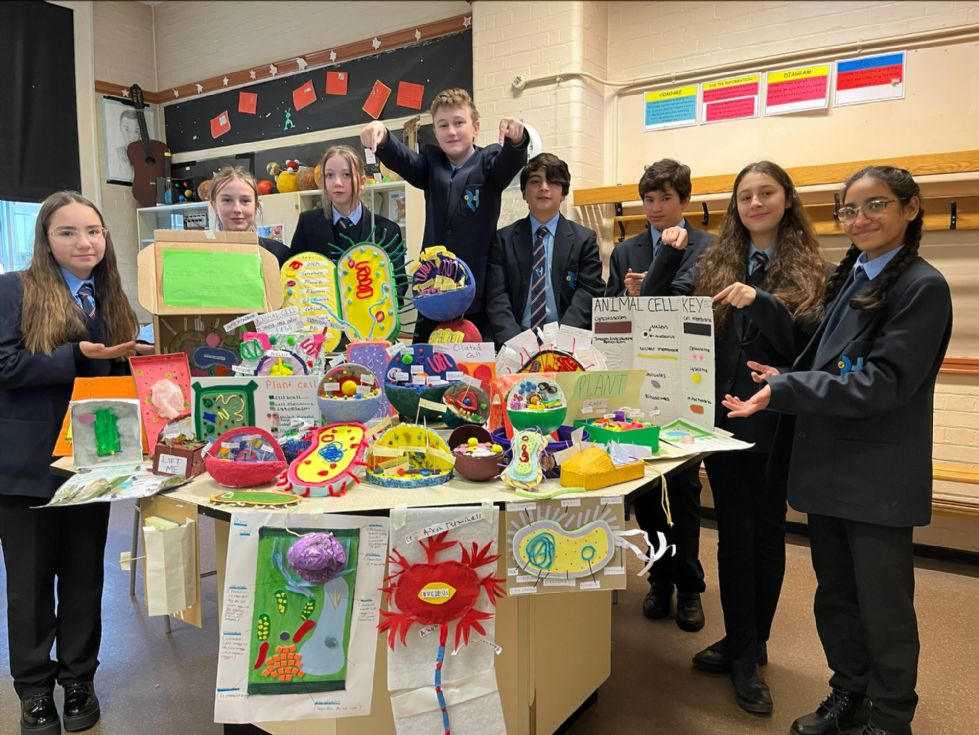
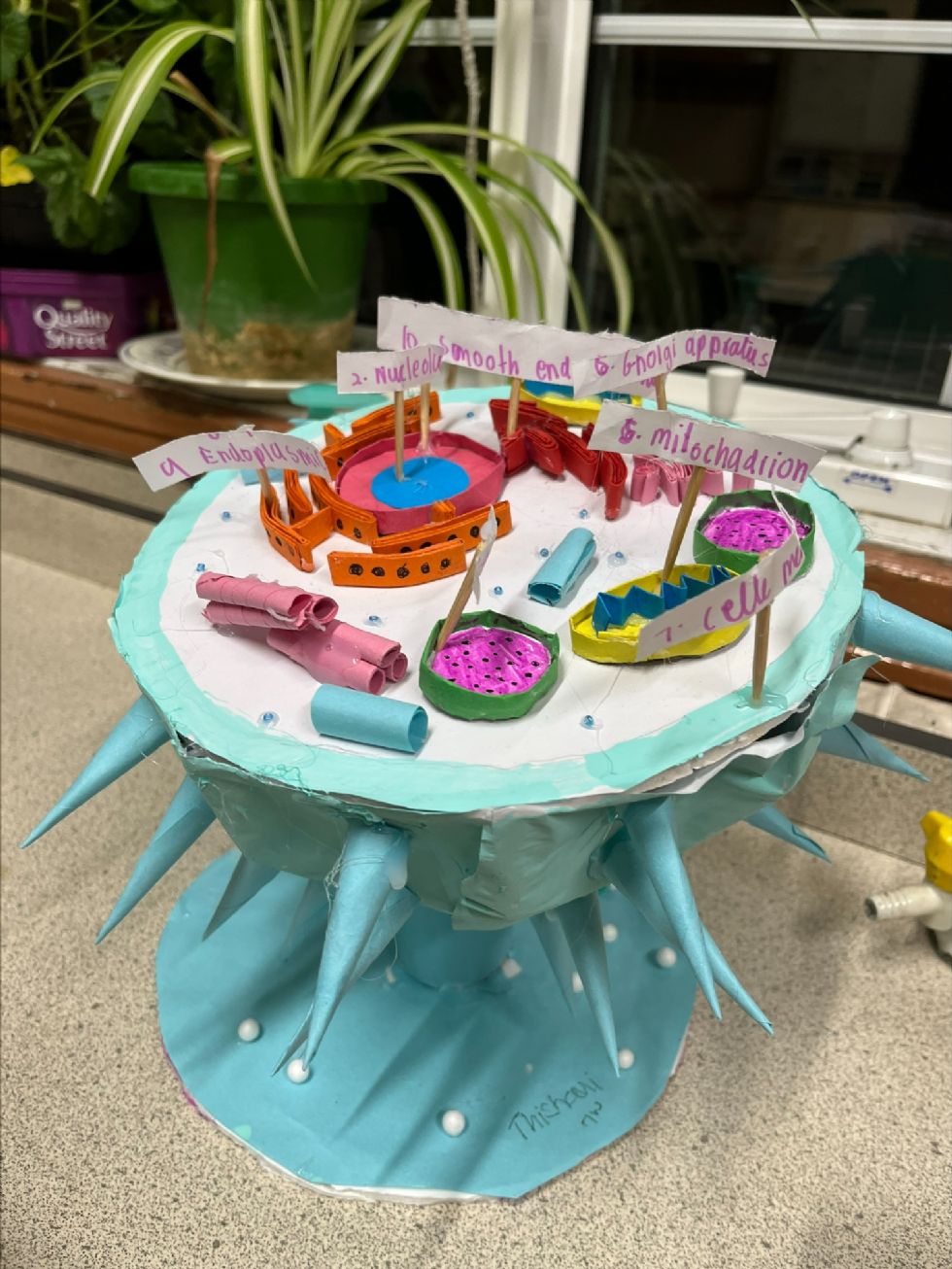
Throughout all Key Stages misconceptions are addressed, and students learn to use technical terminology accurately and precisely. Their numeracy is further developed in science through the collecting, presenting, and analysis of data. Students will develop their literacy in science through metacognitive talk and dialogue within the classroom as well as a focus on links between words and their composite parts.
Students are encouraged to relate scientific explanations to phenomena in the world around them and use modelling and abstract ideas to develop and evaluate explanations. For example, in Year 7 students create models of specialised cells and are encouraged to identify strengths and weaknesses in their designs.
